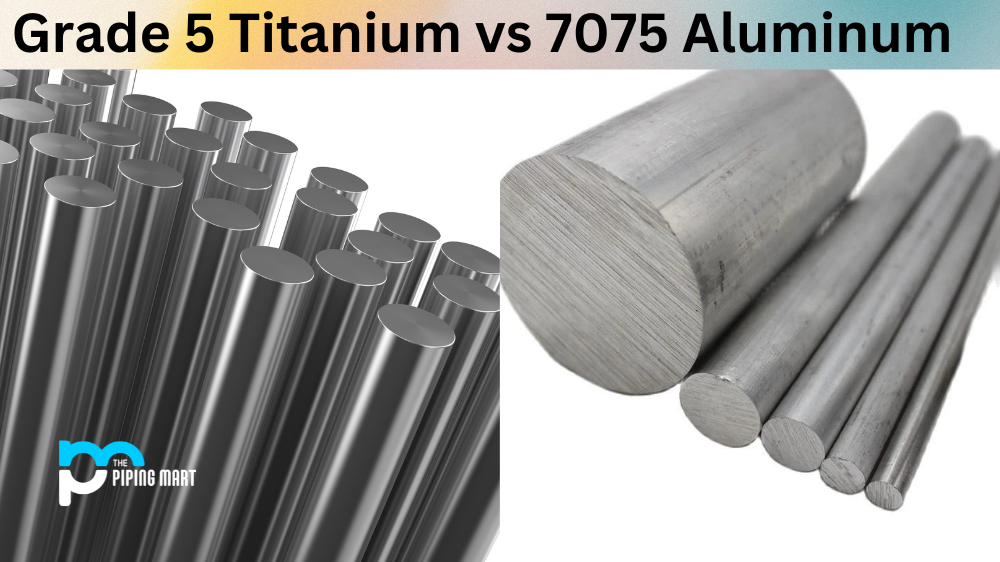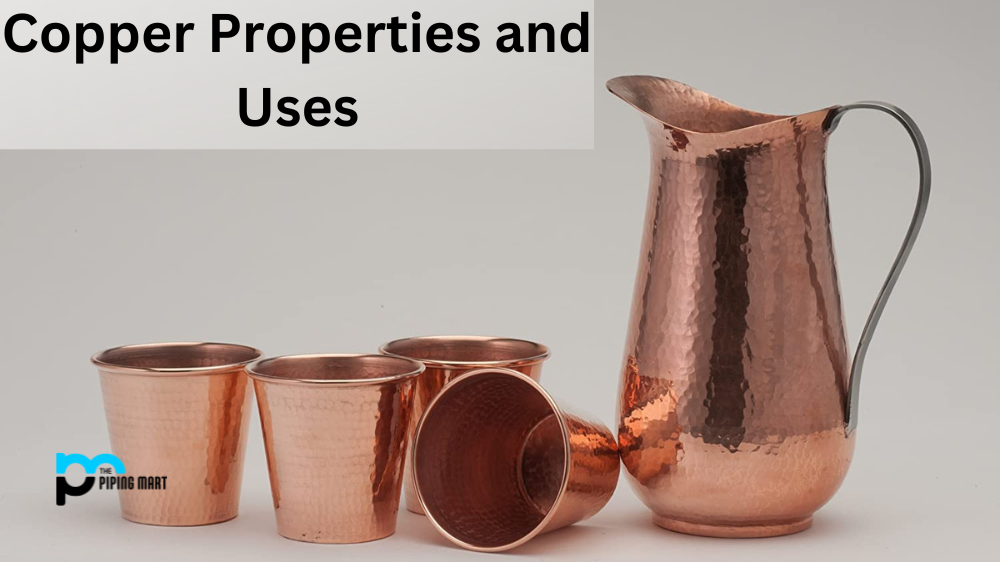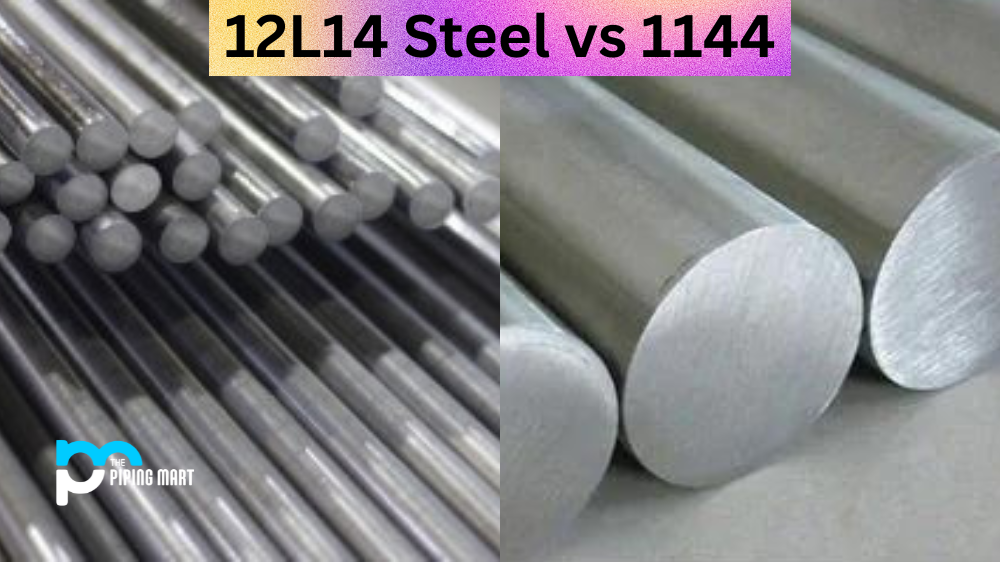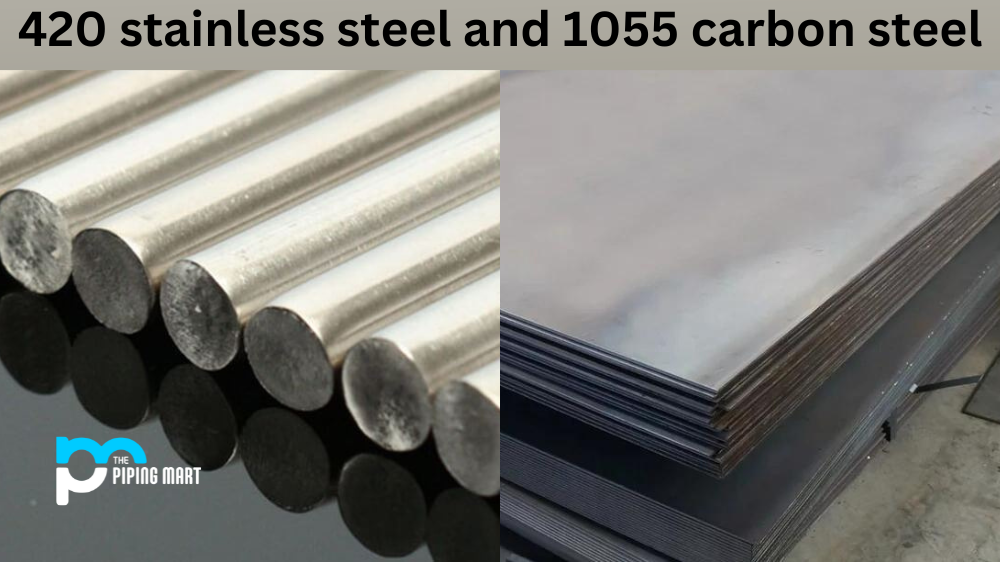When selecting the right material for your project, opting for the best quality material to meet your requirements is essential. If you’re looking for metals, you may come across two essential elements: Grade 5 Titanium and 7075 Aluminum. While both these metals have unique properties and characteristics, you might need help deciding which one to opt for. In this blog post, we’ll compare the features, benefits, and drawbacks of Grade 5 Titanium and 7075 Aluminum to help you make a sound choice.
What is Grade 5 Titanium?
Grade 5 Titanium is a type of alloy that consists of 90% titanium, 6% aluminium, and 4% vanadium. This metal is known for its incredible strength, corrosion resistance, and high heat tolerance. It’s also biocompatible, making it an ideal choice for medical implants. Grade 5 Titanium is also lightweight, making it easy to handle and transport. This material is popular in the aerospace, automotive, and marine industries. The only downside of Grade 5 Titanium is that it’s relatively expensive compared to other metal alloys.
What is 7075 Aluminum?
7075 Aluminum is an alloy composed of aluminium, zinc, copper, magnesium, and chromium. This material is robust, durable, and lightweight, perfect for various applications. It’s often used in aeroplane components, automobile and bike parts, firearms, and other industrial products. 7075 Aluminum is highly resistant to corrosion, fatigue, and wear and tear. The only downside of this metal is its low melting point, making it less heat resistant than other metals.
Difference Between Grade 5 Titanium and 7075 Aluminum
Benefits of Grade 5 Titanium
Grade 5 Titanium is known for its high strength-to-weight ratio, which makes it an incredibly versatile material. It also exhibits excellent biocompatibility, making it perfect for medical and dental implants. Moreover, the metal is corrosion-resistant and can withstand harsh environments such as marine and aerospace applications.
Benefits of 7075 Aluminum
One of the significant benefits of 7075 Aluminum is its lightweight nature, which makes it easy to transport and handle. It’s also incredibly durable, strong, and has a high-fatigue life. This material is also heat-treatable, making it perfect for making bike and automobile parts that require a heat-treated finish.
Drawbacks of Grade 5 Titanium
The only notable downside of Grade 5 Titanium is its high cost compared to other metal alloys. This material is relatively expensive, making it less accessible than other metals.
Drawbacks of 7075 Aluminum
The significant drawback of 7075 Aluminum is its relatively low melting point compared to other metals, making it less heat resistant.
Conclusion
In conclusion, choosing between Grade 5 Titanium and 7075 Aluminum will depend on your project’s requirements. If you’re looking for a highly durable, lightweight material that can withstand harsh environments and exhibit biocompatibility, Grade 5 Titanium is an excellent choice. However, it comes at a high cost. If you’re looking for a lightweight, heat-treatable metal that’s strong, durable, and corrosion-resistant, 7075 Aluminum is the way to go. Ultimately, both materials come with unique advantages and disadvantages, and choosing the one that best suits your needs is up to you.




